Here are the highlights in the Right to Privacy case:
Former Attorney General Mukul Rohatgi told NDTV that he had argued before the top court against treating privacy as a fundamental right. Mr Rohatgi, who had represented the government in the top court till June this year, said the government had argued before the top court that privacy "is not a fundamental right but a regular common law right".
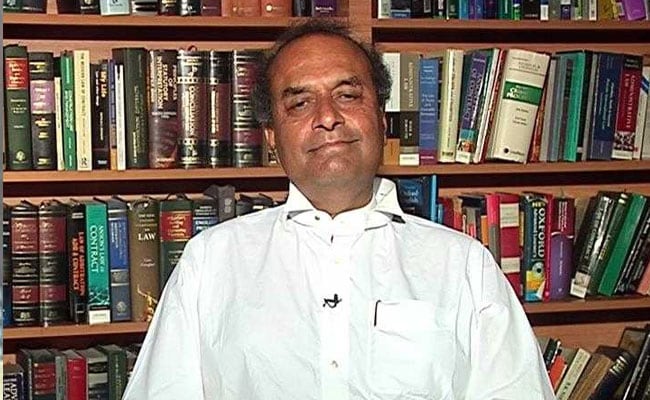
On 16 March 2016 govt had clearly stated in Rajya Sabha that it considers #RightToPrivacy as Fundamental Right. https://t.co/XCI7tnU4cC
- Ravi Shankar Prasad (@rsprasad) August 24, 2017
The Government always had a clear stand on privacy: Arun Jaitley #RightToPrivacy pic.twitter.com/itACTlUKAV
- ANI (@ANI) August 24, 2017
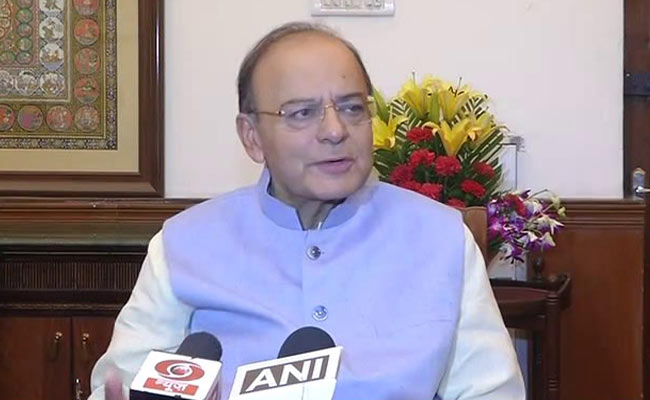
Foreign media on Supreme Court saying privacy is intrinsic right https://t.co/NJMy7pQQHl#RightToPrivacy pic.twitter.com/q3vtn8yxtu
- NDTV (@ndtv) August 24, 2017
Here's her full statement:
Statement of Smt. Sonia Gandhi ji on Supreme Court's today's judgement on #RightToPrivacy pic.twitter.com/lzpn6UbEJ4
- Tamil Nadu Congress (@INCTamilNadu) August 24, 2017
Statement on behalf of Govt of India on the Supreme Court judgement on #RightToPrivacy pic.twitter.com/Qt3hVDCQQZ
- Ravi Shankar Prasad (@rsprasad) August 24, 2017
Among the nine judges who gave Right to privacy verdict today, is one who overruled a past judgement by his father, calling it "seriously flawed".
During the 1975 Emergency, when fundamental rights were suspended by the Indira Gandhi-led Congress government, a five-judge Supreme Court bench backed it. The bench included Justice YV Chandrachud.
Today, overturning that ruling, Justice Chandrachud's son DY Chandrachud, wrote: "The judgements rendered by four judges are flawed. Life and personal liberty are inalienable to human rights. No civilised state can contemplate encroachment on life and personal liberty."
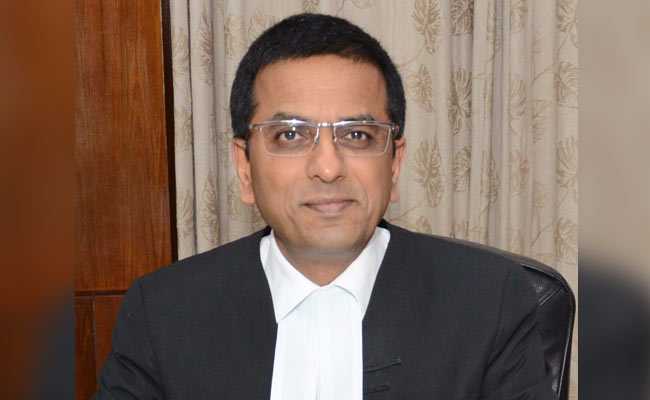
A victory for every Indian. #RightToPrivacy as an intrinsic part of individual's liberty, freedom & dignity
- Subodh Kant Sahai (@SubodhKantSahai) August 24, 2017
Welcome the SC verdict upholding #RightToPrivacy as an intrinsic part of individual's liberty, freedom & dignity. A victory for every Indian pic.twitter.com/cO6yzUWaPQ
- Youth Congress (@IYC) August 24, 2017
SC decision marks a major blow to fascist forces.A sound rejection of the BJP's ideology of suppression through surveillance#RightToPrivacy
- Office of RG (@OfficeOfRG) August 24, 2017
Welcome the SC verdict upholding #RightToPrivacy as an intrinsic part of individual's liberty, freedom & dignity. A victory for every Indian
- Office of RG (@OfficeOfRG) August 24, 2017
The Supreme Court judgment had come as a severe blow to the gay community, especially after the Delhi High Court, four years before, had decriminalised homosexual sex between consenting adults, bringing it out of the ambit of Section 377.
Its a great day for India's citizens, they acquired right to own their mind and body. #RightToPrivacyVerdict #democracywins
- K.T.S. Tulsi (@MPKTSTulsi) August 24, 2017
#UPA brought #Aadhaar to improve transparency & delivery of services not to make it intrusive & pervasive. After #RightToPrivacyVerdict 1/2
- Dinesh Gundu Rao (@dineshgrao) August 24, 2017
- Congress welcomes SC's unanimous declaration that right to privacy is a fundamental right under the Constitution
- Privacy is at the core of personal liberty, an inalienable part of life
SC upholds the right to privacy Nothing vague or amorphous about it. People thank the Honourable Judges. These are moments that make India.
- Kamal Haasan (@ikamalhaasan) August 24, 2017
Right to privacy is one of the most ingrained rights of every citizen, the judges have said, overruling two previous Supreme Court judgements and the government's arguments.
Welcome unanimous verdict from 9-judge bench declaring #righttoprivacy a fundamental right.
- Jyotiraditya Scindia (@JM_Scindia) August 24, 2017
Karnataka High Court judge Justice K S Puttaswamy, first Chairperson of the National Commission for Protection of Child Rights and Magsaysay award recipient Shanta Sinha, feminist researcher Kalyani Sen Menon are among the petitioners in the case. The petitioners have challenged the validity of the Aadhaar scheme on grounds of it being violative of the right to privacy.
Welcome the SC judgment that Right to Privacy is a fundamental Right under Article 21 of the Constitution. Now onto Aadhar modification
- Subramanian Swamy (@Swamy39) August 24, 2017
Glad ; as the world moves towards digitization citizens must have rights against misuse of info: R.Chandrasekhar, petitioner #RightToPrivacy pic.twitter.com/y10JDalUdv
- ANI (@ANI) August 24, 2017
Path breaking & seminal judgement of Supreme Court declares 'Privacy' as fundamental right. A great victory for liberty & freedom.1/2
- Randeep S Surjewala (@rssurjewala) August 24, 2017
Today's verdict is a major setback for the government, which had argued that the Constitution does not guarantee individual privacy as an inalienable fundamental right.
Thank u SC for this v important judgement
- Arvind Kejriwal (@ArvindKejriwal) August 24, 2017
Privacy is a fundamental right. The freedom that was won in 1947 has been enriched and enlarged.
- P. Chidambaram (@PChidambaram_IN) August 24, 2017
Kudos to the SC for holding Right to Privacy a fundamental right under Art 21. Aadhaar Act & any other law will be tested on reasonableness https://t.co/R0LGz2FlQu
- Prashant Bhushan (@pbhushan1) August 24, 2017
The nine judges unanimously overruled the two earlier judgements of the apex court that right to privacy is not protected under the Constitution.
The bench overruled the M P Sharma verdict of 1950 and that of Kharak Singh of 1960.
The judgement in the Kharak Singh case was pronounced by eight judges and in M P Sharma it was delivered by six judges.
Justice Khehar, who read the operative portion of the judgement, said the subsequent verdicts pronounced after M P Sharma and Kharak Singh have laid down the correct position of the law.
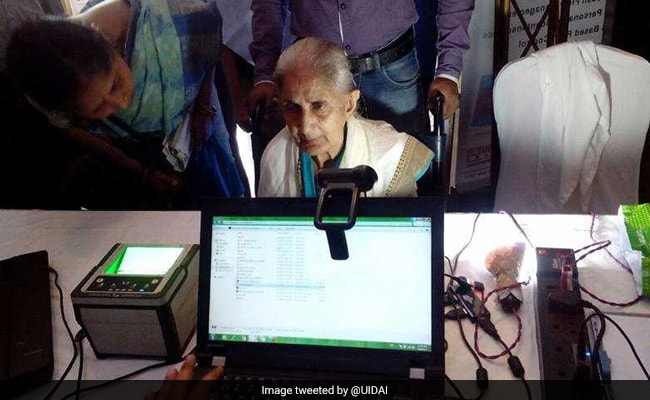
A bench of nine judges delivered the verdict today, with the majority in favour of including the right to privacy as a fundamental right.
The nine judge bench of the Supreme Court has unanimusly held that privacy is a fundamental right under the Indian Constitution.
- Gautam Bhatia (@gautambhatia88) August 24, 2017
- Supreme Court has ruled that individual privacy is a fundamental right
- Privacy is protected under Article 21 and Part 3 of Constitution
- Reports also say that the nine-member bench passed an unanimous decision
Chief Justice of India JS Khehar, justices Jasti Chelameswar, SA Bobde, RK Agarwal, Rohinton Nariman, AM Sapre, DY Chandrachud, SK Kaul and S Abdul Nazeer will be pronouncing the verdict in the case.
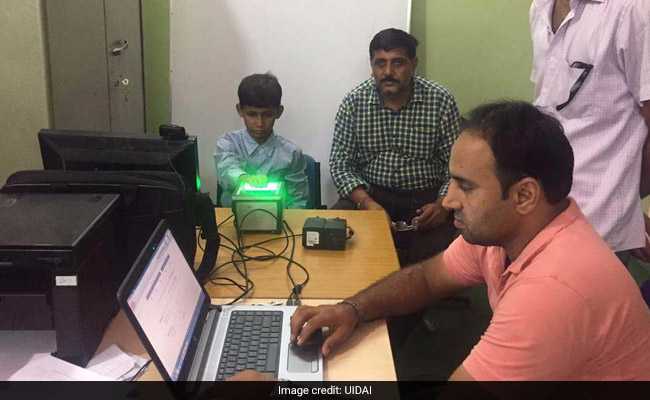
The ruling will be delivered at 10.30 am by a rare nine-member bench and is based on an array of petitions that challenges the mandatory use of Aadhaar cards which assign a unique 12-digit ID to every citizen.

